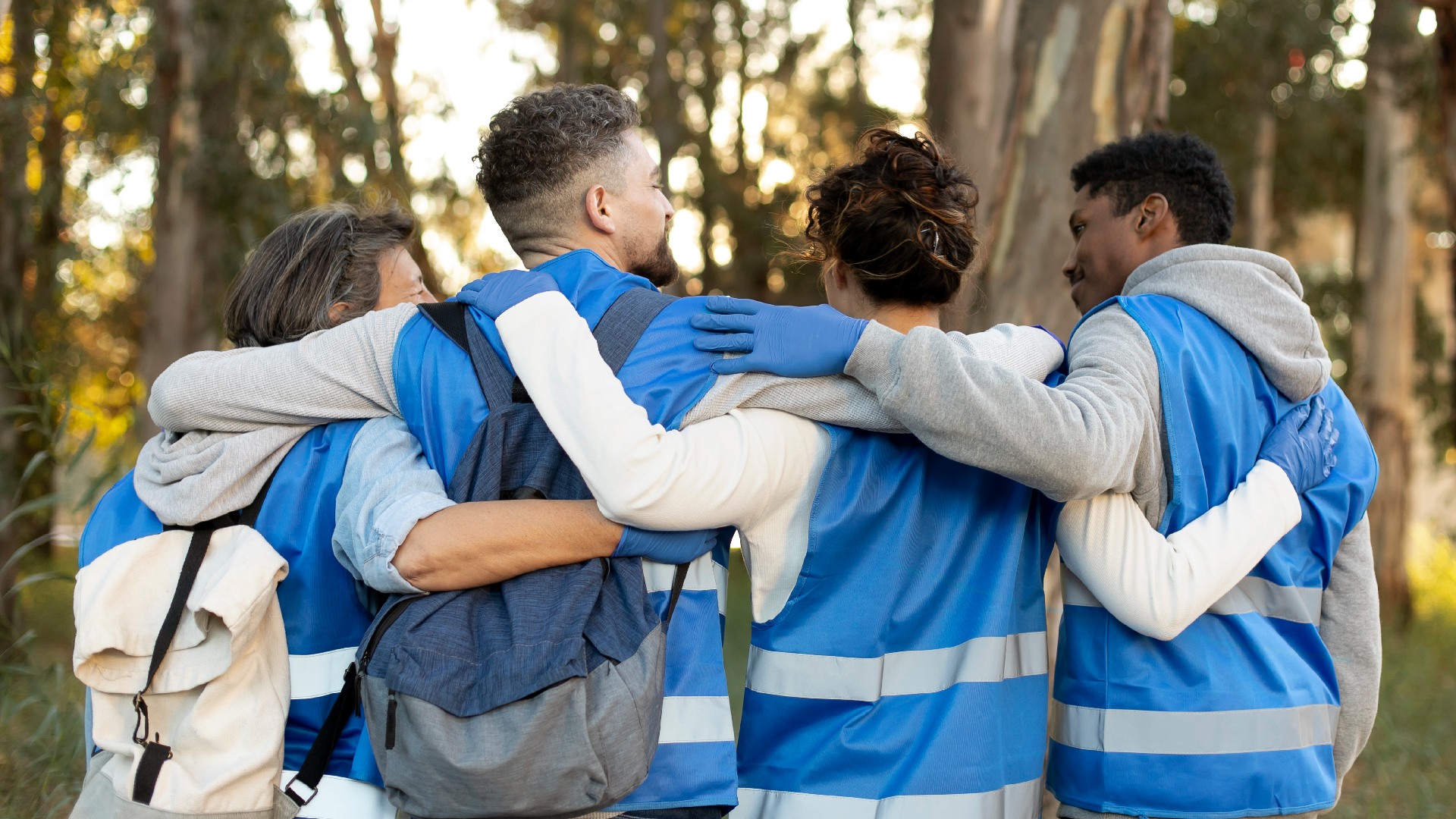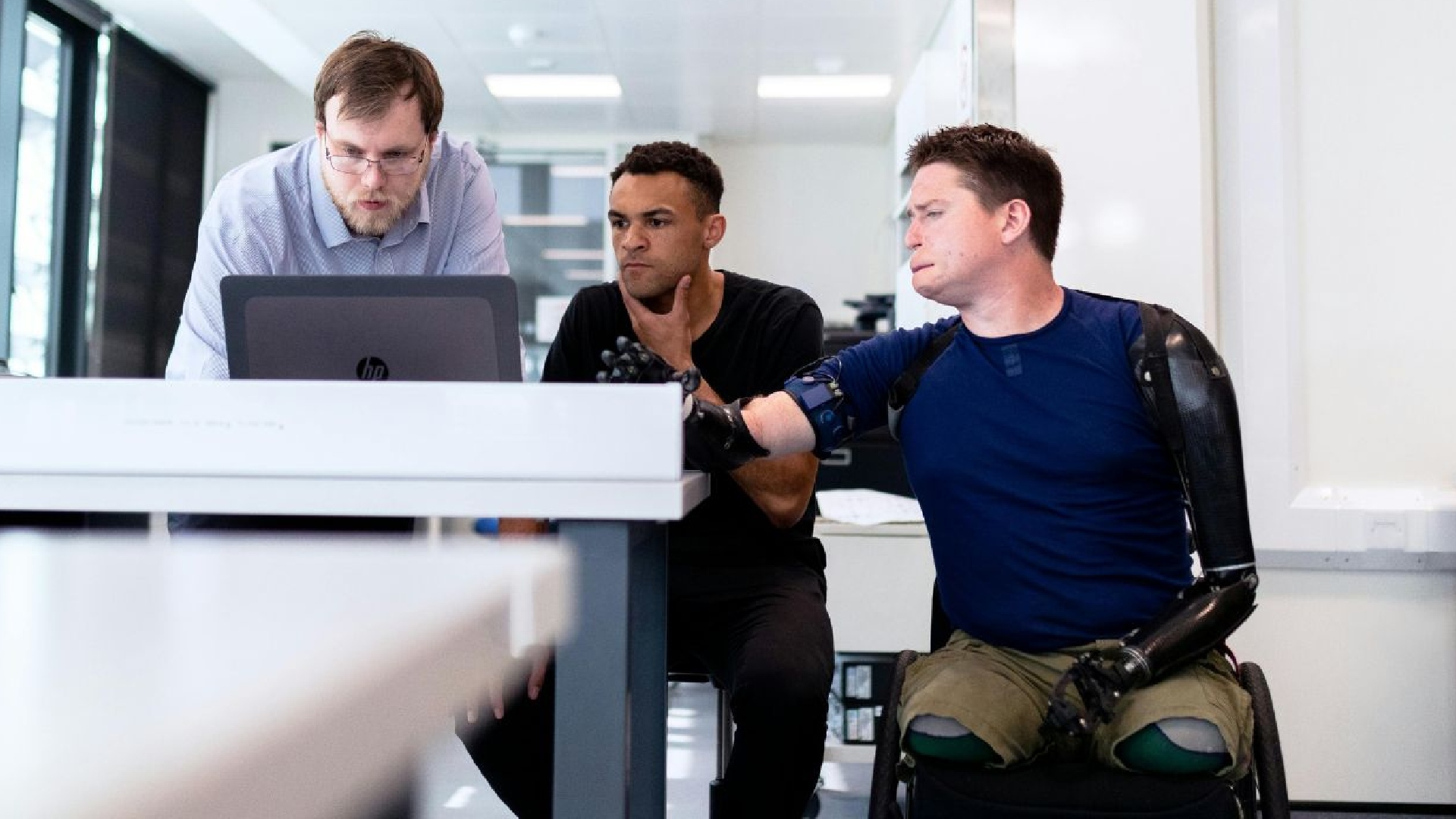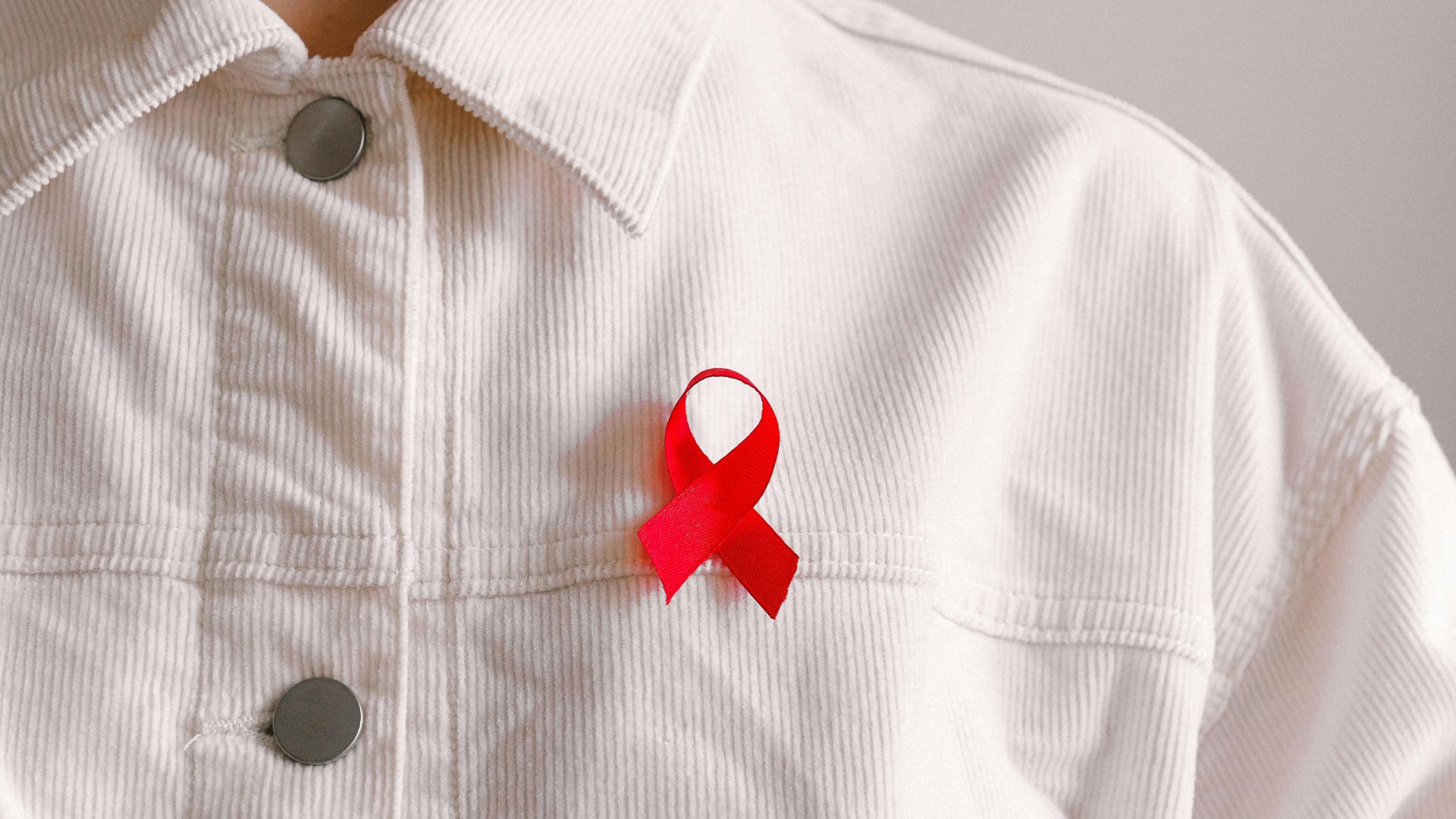Bisexual people exist in any environment, even in the workplace, these are some of the prejudices that this population commonly faces.
Bisexuality is a sexual orientation where someone is romantically and emotionally attracted to people of more than one gender.
In Mexicoaccording to the National Survey on Sexual and Gender Diversity (Endiseg) 2021, there are approximately 4.6 million LGB+ people in the United States.. Of this figure, more than 2.3 million people identified as bisexual (51.7%). So there is such a thing as bi people.
Why is there an International Bisexuality Day?
The September 23rd is International Bisexuality Daywhich was established in 1999 by the International Lesbian, Gay, Bisexual, Trans and Intersex Association (ILGA).. Some of the activists who promoted the creation of this date were Michael Page, Gigi Raven Wilbur and Wendy Curry.
Amnesty International explains that this date is relevant because it gives visibility to bi people, who are usually underrepresented in the media.. Or, are mistakenly believed to be 'confused'.They do not decide whether they are heterosexual or homosexual.
For a company to commemorate International Bisexuality Day serves to to make visible and recognize bi people who are already out of the closet within the organization. Likewise, it functions as a support so that those who have not yet been encouraged to express it, may eventually do so. when they feel the time is right.
It is not a 'confusion' or 'indecision', it is a sexual orientation.
A person can perform better at work if they are not thinking about what will happen if they are judged or excluded from their group because of their sexual orientation.. This allows to concentrate fully on his activities and not in a latent insecurity.
No one is obliged to talk about their sexual orientation at work.. What is important is that the company provides a safe environmentwhere everyone can to make a free decision on whether to open up on this subject. with your team.
Here are some of the prejudices that bisexual people face
Prejudice 1: Some people believe that bisexuality 'does not exist' or that it is just a 'confusion phase'. This is discriminatory because invalidates a relevant aspect of the personalitysuch as sexual orientation.
Prejudice 2: Similarly, there is the belief that bisexual people have 'heterosexual privilege'.for may date someone of the opposite gender. It is necessary to eradicate this thinking, which often also exists among gays and lesbians.
Beyond a privilege, bi people face prejudice from within and outside the LGBT+ populationnot everyone understands that being bisexual is very different from being gay or lesbian..
Bias 3: Some people think that someone with this orientation will feel 50% attraction to the male gender and 50% attraction to the female gender. However, the bi experience varies from person to person; i.e, there is no one way to be bisexual.
Prejudice 4: Sometimes, people may immediately assume that someone is gay or lesbian if he or she presents a partner of the same gender in a work context. However, is still bisexual if it calls itself this way.
For example, if a bisexual woman arrives with her girlfriend at a work event, this does not make her a lesbian.she still has a bi orientation. For this reason, it is always best not to assume or assume what a person's sexual orientation is.
Solutions to combat prejudice against bisexuality
A great alternative to leave behind some prejudices about bisexuality, and in general about issues related to the LGBT+ population, is to to sensitize all the company's personnel. This can be done with talks or trainings on these topics. ComproDiverso is dedicated to giving these types of sessions to affiliated companies. Contact us here for more information.
Another way to combat biphobia in the workplace is to value each person for the skills he or she has. and for measurable results in your position. Their sexual orientation is secondaryis only a part of your personality.
Have you ever thought about the prejudices that the bisexual population usually faces?
With information from Amnesty International, Homosensual, PinkNews e Inegi
Research and editing by José Manuel Ríos and Mildred Pérez de la Torre



